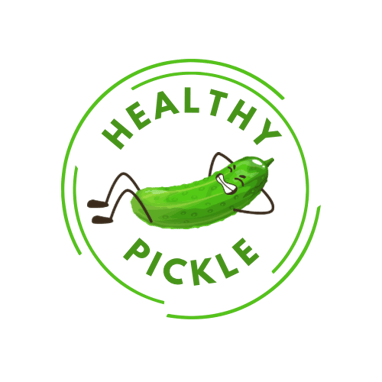
The Mediterranean Diet: A Science-Backed Secret to Longevity
A diet rich in olive oil, fish, vegetables, and whole grains is linked to lower heart disease and increased lifespan.
NOURISHCOOKEDDISCOVER
3/17/20251 min read
The Mediterranean Diet: A Science-Backed Secret to Longevity
For decades, scientists have studied why people in Mediterranean regions live longer and experience fewer chronic diseases. The answer? The Mediterranean diet—a way of eating rich in healthy fats, fresh produce, whole grains, and lean proteins. Unlike restrictive diets, the Mediterranean diet is both sustainable and delicious.
What is the Mediterranean Diet?
The Mediterranean diet isn’t a fad diet—it’s a traditional way of eating that has been followed for centuries in countries like Greece, Italy, and Spain.
✅ Emphasizes whole, natural foods
✅ Rich in healthy fats, especially olive oil
✅ Encourages social meals and mindful eating
Health Benefits of the Mediterranean Diet
Numerous studies have linked the Mediterranean diet to better health and longevity. Here’s why:
🔹 Supports Heart Health: Reduces bad cholesterol (LDL) and improves cardiovascular function.
🔹 Fights Inflammation: Packed with antioxidants from fruits, vegetables, and olive oil.
🔹 Boosts Brain Function: Linked to a lower risk of cognitive decline and Alzheimer’s.
🔹 Encourages Weight Management: Naturally high in fiber and healthy fats, which keep you full longer.
Key Mediterranean Diet Foods
If you want to eat like the Mediterranean centenarians, focus on:
🥗 Vegetables & Legumes – Leafy greens, tomatoes, lentils, chickpeas
🐟 Healthy Proteins – Fish, seafood, beans, and moderate dairy
🍞 Whole Grains – Quinoa, whole wheat, farro, and barley
🥜 Nuts & Seeds – Almonds, walnuts, sunflower seeds
🥑 Healthy Fats – Olive oil, avocados, and omega-3-rich fish
🍷 Red Wine (Optional) – In moderation, often enjoyed socially
How to Start the Mediterranean Diet
Making the switch doesn’t have to be complicated! Here’s how to begin:
✅ Swap Processed Fats for Olive Oil – Use extra virgin olive oil instead of butter or seed oils.
✅ Eat More Plant-Based Foods – Fill your plate with vegetables, beans, and whole grains.
✅ Prioritize Fresh, Whole Foods – Skip processed snacks and refined sugars.
✅ Enjoy Meals Slowly & Socially – Make eating a relaxing, mindful experience.
Final Thoughts
The Mediterranean diet isn’t just about what you eat—it’s about how you eat. By focusing on fresh, whole foods and enjoying meals in good company, you can improve your health, reduce inflammation, and feel more energized every day.


The Healthy Pickle
The realistic alternative to getting healthy—small swaps, big impact, zero perfection. 🥒😏
© 2025. All rights reserved.
